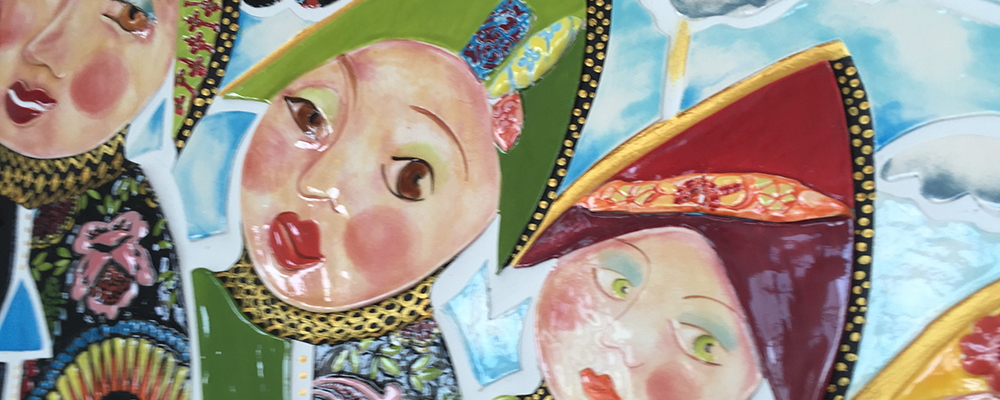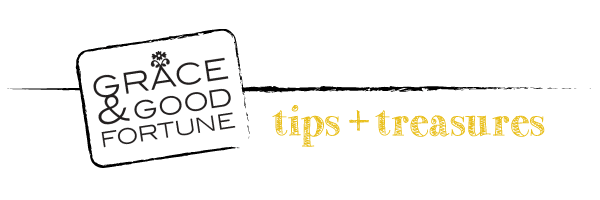LISTEN NOW
They came back to help at harvest, and then later, only for holidays. That’s when my parents would pack us into the dark blue Oldsmobile to make the 7 hour drive to Saskatoon and then, another 45 minutes to Borden. Over the wooden bridge, with it’s Click Clack sound, through the town, then up the road past Belyk Church where Nestor was buried, then, the farm. Once, when I was very little, I imagined a different kind of farm, with a bright red barn and chickens and pigs. A storybook farm. Our farm was weathered barn boards and faded farmhouse, an image of The Depression preserved on the prairie.
We were urban children lost in the dog days of a Saskatchewan summer, poking through collapsed buildings and endless fields, unconcerned about the past and unable and uninterested in seeing our mother as a young girl growing up here. Working hard here.
The only “harvesting” we ever did was the massive market garden my grandmother kept, even after she had moved to the city. Rows upon rows of peas, a thicket of the sweetest raspberries, giant ant hills of potato plants surrounded by a fence of enormous thick stocked sunflowers, nodding their heavy heads at the end of each day. We picked berries and peas, filling up plastic washbasins with fat pods one day, and shelling the next. The summer soundtrack of hissing grasshoppers, the raindrop plopping of shelled peas in the bottom of metal buckets, and my mother, grandmother and great grandmother speaking quietly in Ukrainian. My sister and I spoke only a few works and Baba didn’t speak English, so conversations were limited to smiles and nods. It was a foreign world to us, wood fired stoves and kerosene lamps, rough blankets and dark outhouses, more musty Old Country than Laura Ingalls Wilder. As teenagers, we could hardly wait to get home, to shopping malls and television, blue eye shadow, friends and back to school.
Eventually my grandmother moved to the city, leasing the land to a younger farmer, who has essentially worked this quarter section in the middle of nowhere for decades.
This land has been passed down through my family, my uncle inherited the land when my grandmother died. It would have been passed down upon his death, but won’t. A lifelong bachelor and introvert, fiercely private and independent, he was recently pulled over driving late at night, uncertain of his original destination. Old and uncertain behind the wheel attracts attention. The state machinery kicked in, and he’s now residing in a small senior’s home. As per his will, the financial power of attorney (the local banker) is now in charge of his affairs. What this means is every non-cash asset including real estate, is being liquidated. And that of course, means the farm. The homestead, the land my grandfather’s father, cleared that first year in 1906.
It doesn’t matter if the land was to be willed or not. It doesn’t matter that it has been in the family for over 100 years, it will be sold. And I have spent most of this summer looking for clues or signs, some kind of answer to the question: do I buy it or not?
I don’t farm; I didn’t grow up there, but am haunted by what I can only describe as an inherited obligation to The Land. It makes no sense at all, as the most land I have ever worked is the 25 feet of garden in my current backyard. I am in no way a farmer, and yet, it feels like a farmer’s voice that whispers, “They are not making more land.” “It’s all about the dirt”. Sell the farm, but don’t sell the LAND.
The land. Hardly an ancestral estate, only 118 arable acres of 160. It was a hard life for the people who lived there. My mother was frightened of her Grandfather with his cold eyes and huge moustache. He ruled with fear and intimidation, possibly because he never approved of her parents marriage. There were limited opportunities to celebrate; Ukrainian Christmas Eve with 12 meatless dishes and uncharacteristically, singing. As for presents, my mother remembers only once as a child receiving what we would think of as a “proper” Christmas present: a red sweater knitted by her mother but strangely, from Santa.
This farm represents hard times for the people who actually worked it. For me though, it represents something else, something I am uncertain about. Duty? Family? Obligation?
If someone is not able to make their own legal decisions, they are made for them, and it doesn’t matter about a will. There is no way. For example: when my grandmother’s city house (a modest bungalow in an unfashionable neighborhood where my uncle had lived for the past 30 years) was put up for sale, the contents were auctioned off. My brother and I met in Saskatoon in advance of the auction, to take anything that might have “personal” value. This included things like photographs and traditional embroidery. Anything else would be moved to the auction house, tagged and listed. I am not speaking of English Bone China collections or antiques of provenance, these were not fancy people. What there were though were things that reminded us all of my grandmother: her sewing cabinet, Eaton’s catalogue writing desk, a small laundry washboard (for delicates), grain elevator salt and pepper shakers.
All these, with the exception of the sewing cabinet, were duly moved to the auction house, photographed, catalogued and listed.
I spent an angry week this summer bidding against people like Krusty1, who offered five dollars for things that were, to me, priceless. I bid them up, I bought the washboard. (Which was resold as it would be a month before we could be in Saskatoon to pick it up.) All of my siblings watched the on line auction that week and we called each other to say how strange it was to see all these things, Grandma’s things, on the internet.
I did get the sewing cabinet. Everything else, the Eaton’s catalogue furniture and mismatched dishware, went to new owners, utterly unaware of where it had come from, or what it might have meant.
My brother, older and perhaps wiser, is OK with the whole thing, and my younger sister too. They see value in the memories, the photographs (which now sit in boxes stacked in my basement)…they are not tempted to hang onto the past by accumulating more stuff.
But apparently I am.
And now the land. “Would you farm it”?, they ask? My husband doesn’t feel the same passion for this single quarter section as I do, and pulling money out of the RSP affects us both. I cannot say for sure it will increase in value, although I can say my 13-year-old daughter has no interest in it. When I show her photos she sees crumbling outbuildings and boredom. It is what I saw at her age. The original farmhouse burned down years ago and was never rebuilt. In reality, this is a small piece of partly arable prairie, where icy winter winds blew on generations. Am I thinking about liquidating my RSP so I can hang onto something that really never existed? Is it a sense of “duly noted” and dirt that has me, like a hungry dog with a bone, growling to keep the land in the family?
I don’t know.
I say to people when they are confused about making a decision to take time, watch for signs and choose the path where there is flow. The decision to buy this quarter section in the middle of nowhere has no ease or flow. Sure, there is the river of outrage that flows through me…how can this happen? We shouldn’t even be in this situation. The land, of all things, should be passed down.
But perhaps this is the legacy: that we own nothing. No one can really own anything. It is an illusion.
I think I am so passionate and outraged because I know the story of my own grandmother. In her early 30s and with two small children, she found herself suddenly, a widow. Her husband’s family wanted the land to revert to them. She felt strongly it needed to be passed onto her children. So, this peacemaker and generous beyond belief spirit, went to a lawyer in Saskatoon, discovered her rights, and fought for the land she and her husband had worked for the entirety of their marriage. She was firm, planted in the belief that she was ensuring her children’s future.
And now, old and with no interest in living there, let alone farming there, they are ready to let it go.
But I am not. And as I write this, I am not sure what the right decision will be.
Tips for Making Great Soil:
- vegetable bits only, NEVER any meat or bones
- don’t dump in lawn cuttings as you will also be dumping in weed seeds
- no potato peels
- egg shells are great. AND if you have a problem with slugs (lettuces, strawberries etc.) dry egg shells, place in bag and grind up, then sprinkle on the soil underneath the plants that the slugs love.
- when harvesting anything from your garden, always give a little thought (prayer) of thanks.
- it is amazing that tiny seeds produce beautiful lush vegetables!
Happy composting!


